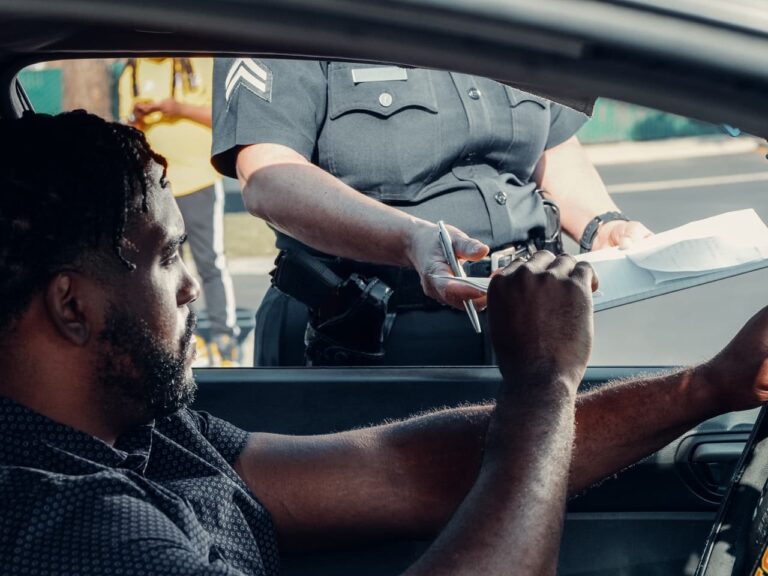What is a criminal record suspension?
A record suspension removes your criminal record from the Canadian Police Information Centre (CPIC) database. This means if your name is searched on CPIC your criminal record will not appear, which can improve educational and employment opportunities. A record suspension keeps your criminal record separate and apart from other criminal records. Many people don’t know record suspensions are even possible, but leaving criminal convictions on your record (if the option exists to remove them) could be unnecessarily complicating your life.
Why do I want my record suspended?
Carrying a criminal record can present a number of difficulties, especially for someone trying to get their life back on track after an unfortunate mistake/ run-in with the law. Getting your record suspended (pardoned) can help remove some hardship in terms of:
- Employment – Getting a job can be hard when you have a criminal record
- Immigration – A record can affect your ability to move into and out of the country
- Promotions – If your company does an internal search your record may become an issue
- Custody – Your record could affect visitation rights as well as your ability to adopt
- Driving – Road-side police checks will be less stressful once your record is sealed
- Education – Record checks are standard for many programs
- Housing – Rental applications will likely ask if you have a criminal record
- Travel – Some countries will not let you enter depending on your criminal record
- Discrimination – A criminal record is one of the few areas in which you can legally be discriminated against. Having your criminal record suspended will provide more protection under Human Rights legislation.
Related: What is the difference between paralegals and lawyers?
Am I eligible?
The amount of time you’ll have to wait to have your record suspended depends on the type of charge. For example:
For withdrawn, dismissed or acquitted charges, you’ll have to wait five months.
For absolute discharges, stayed charges and most peace bonds, the time frame is one year.
For conditional discharges, you’ll have to wait three years, and you’ll have to wait five years for summary convictions.
For indictable convictions, the time frame is ten years.
You are ineligible for a pardon if you have any sexual convictions regarding a minor or if you’ve had four or more indictable convictions with two or more years of jail time served.
If you were convicted, the waiting period starts once your sentence has been completed (Ex. Jail time served, fines paid off, probation, etc.).
Related: Process Serving 101
The process for having your record suspended takes time, so it’s best to begin well in advance to help get your pardon as quickly as possible. If you have a criminal record, you may be eligible for a record suspension. Call Bulwark Legal Services. We can help you sort out the dates and process, letting you simply get on with your life and put your record behind you.
By France Mathewson


